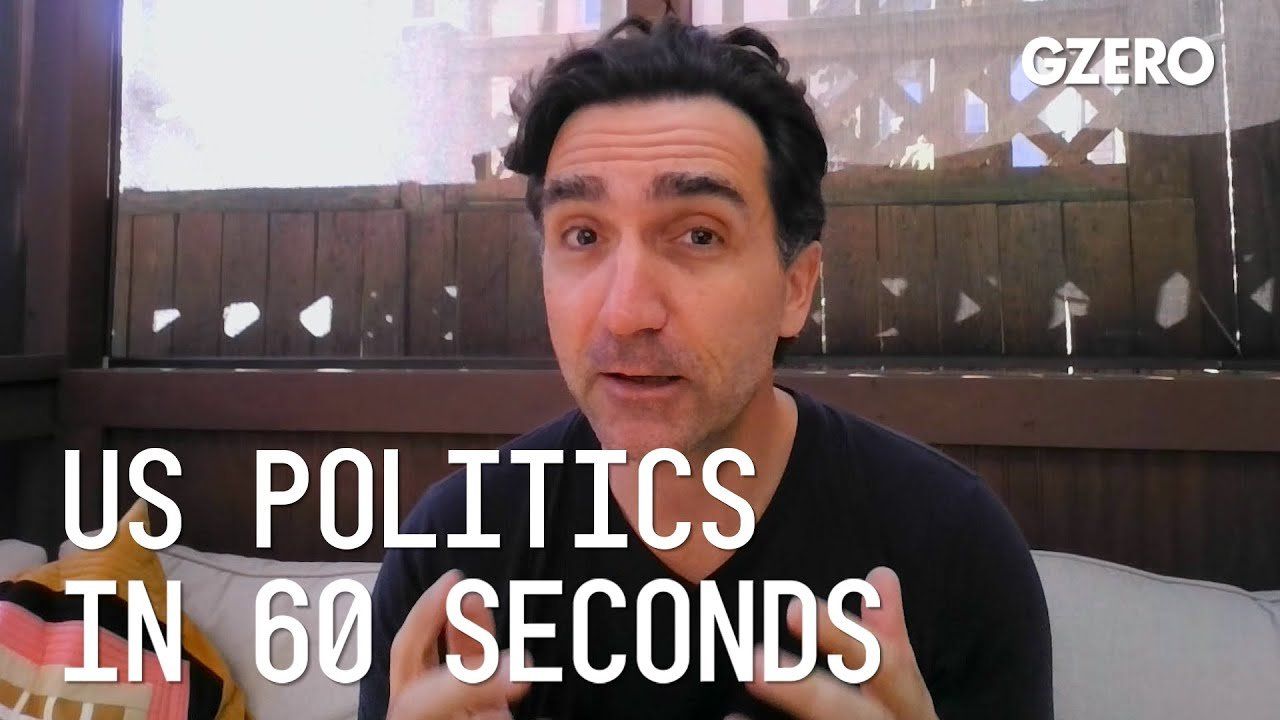
Jon Lieber, head of Eurasia Group's coverage of political and policy developments in Washington, DC shares his perspective on US politics.
What is happening with US/Canada relations?
Well, I'm headed up to Toronto, Canada, just about a week after President Biden made his first trip to America's neighbor to the north, which is also the US' second largest trading partner. A very important, deeply ingrained relationship between these two North American economies. And a major source of tension right now between the US and Canada is over industrial policy. The US over the last several years has started to deeply subsidize infrastructure development, semiconductor manufacturing, and in the Inflation Reduction Act, green energy production, electric vehicles, and the components that go into this.
Now, the automobile industry is obviously a very major component of US/Canada trade and has been that way since the mid '90s when NAFTA was signed. The renegotiated USMCA has created a new set of playing rules for governing US/Canada trade, and there have been several long-standing disputes between the two countries that have not yet been worked out. And now with the introduction of the US' new subsidies, the Inflation Reduction Act is causing major concerns in Canada who are worried about losing green energy investments to the United States where there are tax preferences, loan programs, and other direct form of subsidies in order to get that manufacturing into the US.
Canada last week responded with its own budget, laying out billions of dollars in new subsidies to help compete with the United States and hoping that it can attract some of that investment over the northern border. Canada has several very attractive elements that the US does not have, including lower costs of construction, more flexible immigration policy, allowing them to take in higher skilled labor from around the globe, that is set specifically around set of criteria having to do with how qualified and educated immigrants are. This exists in the US but to a much lesser extent, and now Canada's getting into the subsidy game.
So this could be an ongoing source of tension between the two countries. It means that if you're looking to build a manufacturing plant for green energy or EV, electric vehicles, or for batteries, there's going to be this race to the top that the US is trying to push. Where Canada, the US, the EU, are all looking at different ways they can get these manufacturers into their markets. And going forward, these types of tensions could be an important part of the US/Canada relationship.
Both leaders are incentivized to keep things friendly between the two countries. Canada has a lot to lose if they could cut out of the US market. And from the US perspective, Canada is sort of like a very large state where English is the primary language, there's very little trade barriers, a highly educated workforce that's competitive across many of the same areas that the US economy is, and the US is also deeply incentivized to get along well here with Canada.
- US green subsidies pushback to dominate Biden's Canada trip ›
- USMCA faces its biggest test ›
- The US and Canada’s complicated love story ›
- Frenemies? Get insights on the US-Canada relationship from GZERO North ›
- US-Canada can and will extract critical minerals sustainably, says top US diplomat - GZERO Media ›
- Podcast: How healthy is the US-Canada relationship? - GZERO Media ›
- Trump 2.0 is set to upend US-Canada relations - GZERO Media ›